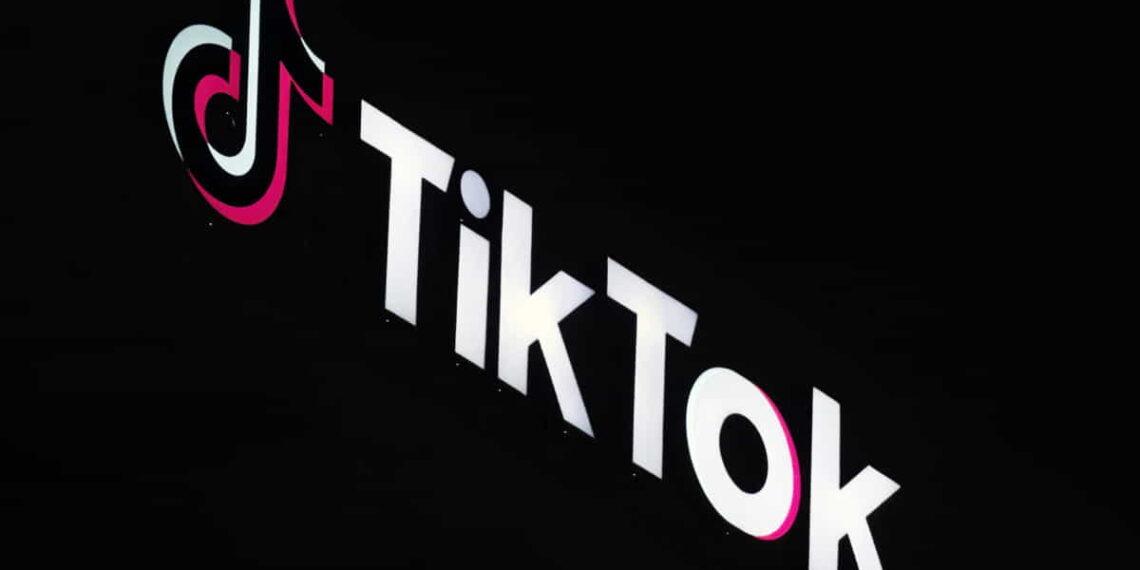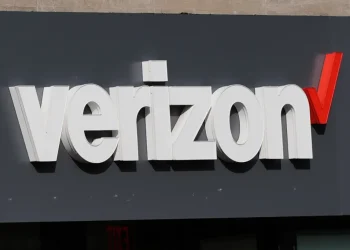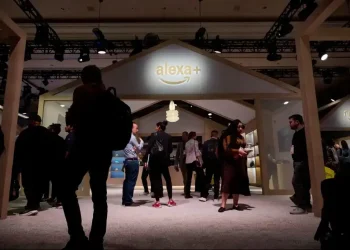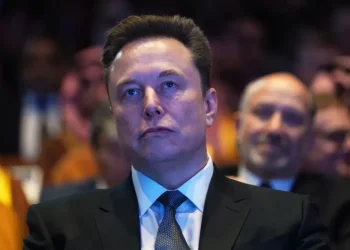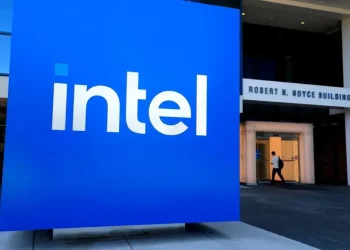Biden Will Not Enforce TikTok Ban, Leaving App’s Future to Trump
Washington, D.C. — President Joe Biden has decided not to enforce a ban on the popular social media app TikTok, a decision that leaves the fate of the app in the hands of incoming President Donald Trump. The ban was originally set to take effect just one day before Biden’s departure from office on January 19, as part of legislation passed by Congress last year.
Divestment Deadline Looms
The law, signed by President Biden, requires TikTok’s parent company, ByteDance (based in China), to divest its ownership of TikTok by January 19, the day before Biden’s inauguration. However, an anonymous U.S. official confirmed Thursday that the Biden administration will not act on enforcing this deadline, deferring the responsibility to Trump’s incoming administration.
Trump’s Shift on TikTok
During his presidency, Trump called for a TikTok ban over national security concerns, citing fears that the Chinese government could access user data. However, Trump has since softened his stance, pledging to keep the app available in the U.S. Despite this shift, his transition team has not provided details on how they plan to resolve the issue.
In fact, TikTok’s CEO, Shou Zi Chew, is expected to attend Trump’s inauguration and will be granted a prominent seat at the event. Trump’s incoming national security adviser, Mike Waltz, suggested that the new administration might take steps to prevent TikTok from disappearing, stressing that the federal law allows an extension if a viable deal is on the table.
Bipartisan Debate Over TikTok
The debate over TikTok has become a rare point of bipartisan contention. On Thursday, Senate Democratic Leader Chuck Schumer urged President Biden to extend the divestment deadline. Schumer argued that more time was needed to find an American buyer for TikTok without disrupting the lives of millions of users, particularly influencers who have built substantial followings on the platform.
“We need to avoid disrupting the livelihoods of millions of Americans,” Schumer stated on the Senate floor.
Despite efforts from Democrats to pass a bill that would delay the deadline, Republican Sen. Tom Cotton blocked the proposal. Cotton, who chairs the Senate Intelligence Committee, argued that TikTok had already had ample time to find a buyer and reiterated his belief that the app poses a national security threat.
“TikTok is a Chinese Communist spy app,” Cotton declared, “that targets our kids with harmful content, harvests their data, and spreads communist propaganda.”
TikTok CEO’s High-Profile Appearance
Adding intrigue to the situation, TikTok’s CEO is not the only tech figure expected at the inauguration. The list includes notable personalities like Elon Musk (CEO of SpaceX), Mark Zuckerberg (CEO of Meta), Sam Altman (CEO of OpenAI), and Jeff Bezos (founder of Amazon). These tech leaders are expected to receive prominent seating, according to insiders.
Supreme Court’s Role
The legal battle over TikTok continues as the Supreme Court heard arguments last week in a case challenging the law requiring ByteDance to divest the app. Early signs suggest the Court may uphold the law, citing national security concerns. If that happens, Trump’s administration would be tasked with determining the next steps for TikTok in the U.S.
Trump’s Role as a Deal Maker
Incoming national security adviser Mike Waltz signaled that Trump, known for his deal-making style, could facilitate a solution that ensures TikTok remains operational in the U.S. while addressing national security concerns. “He’s a deal maker,” Waltz said, “and we’re working to create space for a deal.”
Trump’s Changing View on TikTok
Once a vocal critic of TikTok, Trump has reversed his position since the app became an influential platform during his 2024 presidential campaign. His campaign utilized TikTok to connect with younger voters, particularly males, through viral, often macho content. In fact, Trump credited TikTok with helping him win more youth support and has now vowed to “save TikTok.”
As the clock ticks down to the inauguration, the future of TikTok remains uncertain, with both national security concerns and the interests of millions of American users hanging in the balance.
This article was rewritten by JournosNews.com based on verified reporting from trusted sources. The content has been independently reviewed, fact-checked, and edited for accuracy, neutrality, tone, and global readability in accordance with Google News and AdSense standards.
All opinions, quotes, or statements from contributors, experts, or sourced organizations do not necessarily reflect the views of JournosNews.com. JournosNews.com maintains full editorial independence from any external funders, sponsors, or organizations.
Stay informed with JournosNews.com — your trusted source for verified global reporting and in-depth analysis. Follow us on Google News, BlueSky, and X for real-time updates.
